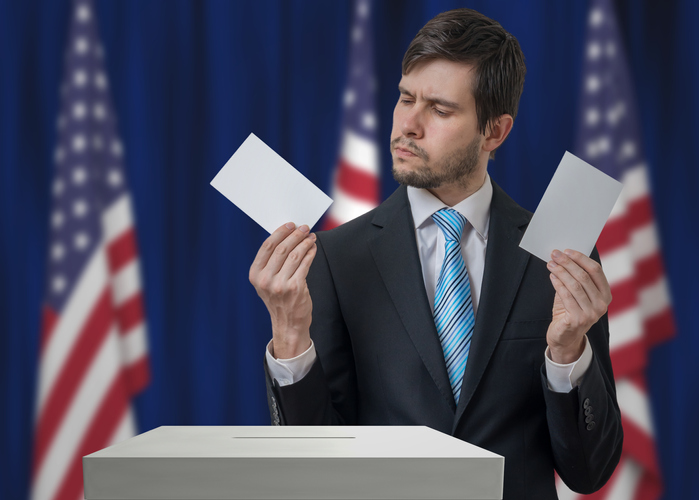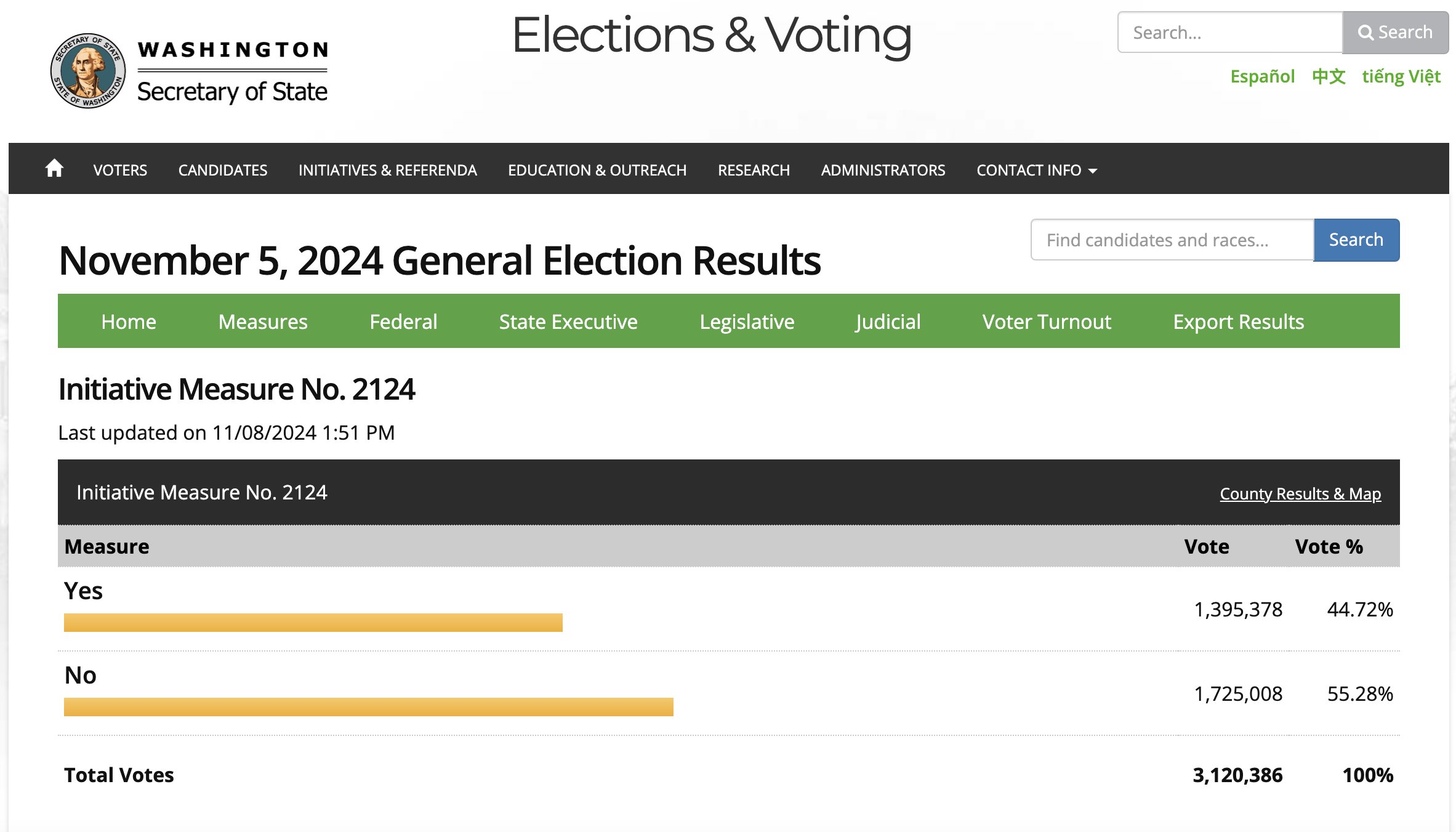During the floor debate this afternoon over the union giveaway bill, HB 1575, lawmakers defending the bill made some head-scratching arguments in response to a package of amendments seeking to remove the bill’s most objectionable provisions that would violate the spirit, if not the letter, of the recent Janus ruling.
Amendment 549 would have required an authorization to deduct union dues to be submitted by a public worker directly to their employer, rather than to the union as specified by HB 1575.
HB 1575 would give unions the sole power to decide whether union dues are deducted from a worker’s paycheck by requiring that public employers “rely on information provided by the exclusive bargaining representative regarding the authorization and revocation of [union] deductions.” This means government employers would not be allowed to respond to an employee’s request to quit paying their union. Such directives could only come from the union.
The amendment, sponsored by Senator Short, would give that power to the workers by allowing them to instruct their employer whether to deduct union dues from their paychecks.
Senators Saldaña and Conway both argued the amendment should be rejected because it is “not the government’s place to deal with membership issues of a private organization (government unions).”
Of course, neither seems to have a problem with those same government employers serving as the dues collector for those private organizations (government unions).
Every payday, government employers automatically deduct union dues from workers’ paychecks and pass those dues dollars to their government union. Many have argued the union dues payroll deduction uses taxpayer-funded public resources to benefit a private organization and should be discontinued, and unions should instead collect their union dues from workers.
Needless to say, that idea is a non-starter with government unions and the lawmakers who are in their pockets. Why should unions do something themselves when government will do it for them for free?
Funny how it only becomes a concern for a government employer to deal with union membership and dues deductions issues when it comes to ending those deductions.
The next nugget of hypocrisy came during the debate over Amendment 597, which proposed to remove the provision of the bill that allows government unions to use a worker’s “recorded voice” as a method to authorize union dues deductions. The sponsor of the amendment, Senator Braun, expressed his concern that allowing unions to record a simple “yes” during a telephone call with a worker as authorization to deduct union dues from their paycheck could, at the least, result in workers being purposefully misled, or agreeing to things they may not understand, and at the worst, result in fraud.
As Senator Braun noted, union authorization forms are complicated documents of over 2,000 words, and a worker’s agreement represents a significant forfeiture of his free speech rights that commits him to paying the union while severely limiting the ability to quit those payments. Senator Braun pointed out that a private sector business soliciting such commitments over the telephone would likely be prosecuted by the state Attorney General.
Arguing against Amendment 597, Senator Saldaña said allowing authorization conversations to take place privately, over the telephone, would protect workers from feeling pressured in their decision, as they might be in a more public or group setting (such as one of the gauntlet of worker “orientations” unions have access to). She explained that a phone conversation provides a private, safe space where workers can ask the questions they may not otherwise feel comfortable asking.
Ironically, just moments before she made those comments, Senator Saldaña spoke against Amendment 545, which would have required secret ballot elections for union certifications. In contrast, HB 1575 would eliminate secret ballot elections to decide union representation and force those workers to publicly support, or oppose, the union.
The sponsor of that amendment, Senator Wagoner, said allowing secret ballot elections for union certification would shield workers from pressure and intimidation and give them the privacy to make a decision uninfluenced by public scrutiny.
Senator Saldaña breezily dismissed Senator Wagoner’s concerns that workers might feel pressured or intimidated by being forced to publicly declare their position on unionization.
Apparently workers only need the kind of privacy that gives unions the opportunity to convince them to forfeit their first amendment rights and pay the union into perpetuity.






